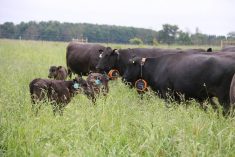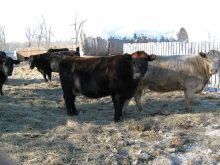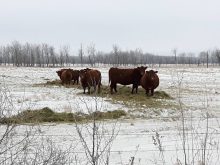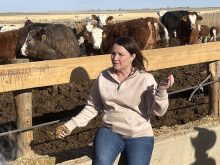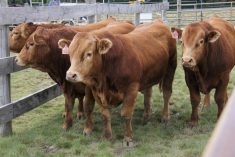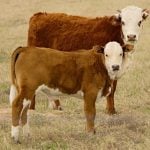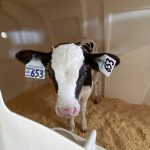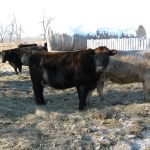Lakeland College has announced a new training course on safe handling of livestock after transport accidents or other emergencies with loose livestock.
The training course, which begins this spring, will focus on training emergency responders and others who may be involved in these incidents, and in the use of a new fleet of livestock-handling equipment trailers for the province that was announced several months ago.
The trailers were deployed in several counties/municipalities and one non-profit organization, based on animal movement volumes and strategic co-ordination plans. These included MD of Willowcreek — Claresholm; Cypress County — Medicine Hat; Westlock County — Westlock; Vermilion River County — Vermilion; and the Alberta Society for the Prevention of Cruelty to Animals (ASPCA), which deploys an Alberta-wide roaming unit. This adds to an existing fleet of three trailers located in Red Deer County, Hanna, and Ponoka, for a total of eight trailers in the province.
Read Also
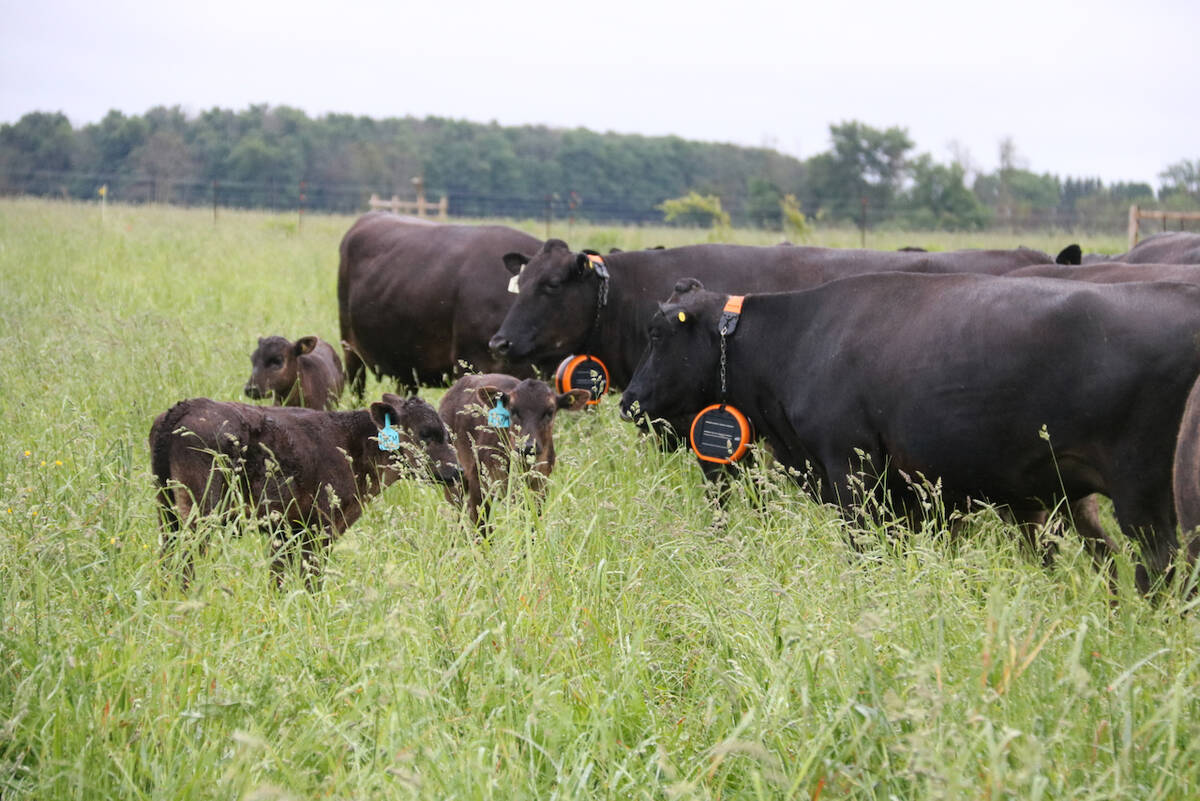
How soil fertility management can boost pasture yield by 43 per cent
Learn how soil testing and targeted fertilization can increase pasture biomass by 43%. Expert tips on N, P, and K management for beef cattle producers.
The course will be offered by the college’s Emergency Training Centre and School of Agriculture instructors at Vermilion.
Support for the trailers and the course development was provided by Growing Forward II along with a range of livestock-industry groups and stakeholders including Alberta Farm Animal Care (AFAC), which represents all the major livestock producer organizations in the province.
The first offerings of the two-day course are planned to start in late April. There has already been a strong response in registrations and interest.
“The pilot phase and the early response and feedback have been just excellent,” Denis Cunninghame, manager, training services at Lakeland College said in a release. “For emergency responders and others who can benefit from this equipment and knowledge, the trailers and the training combined will provide a brand new resource to dramatically improve their capability in dealing with incidences involving livestock.”
Cunninghame said plans are underway to make the course available through distance learning in a format that allows local emergency services departments to train staff using their own instructors.
Initial course offerings at the college will run two days, seven hours per day, typically on weekends to accommodate volunteer departments. The course is open to any emergency responder, such as fire, EMS or law enforcement, along with agriculture services personnel, SPCA, veterinarians and others.
More information will be available on the Lakeland College Emergency Training Centre website at www.emergency-training.ca.


